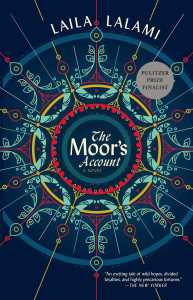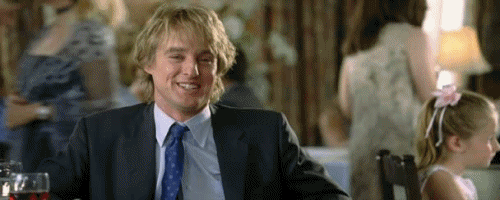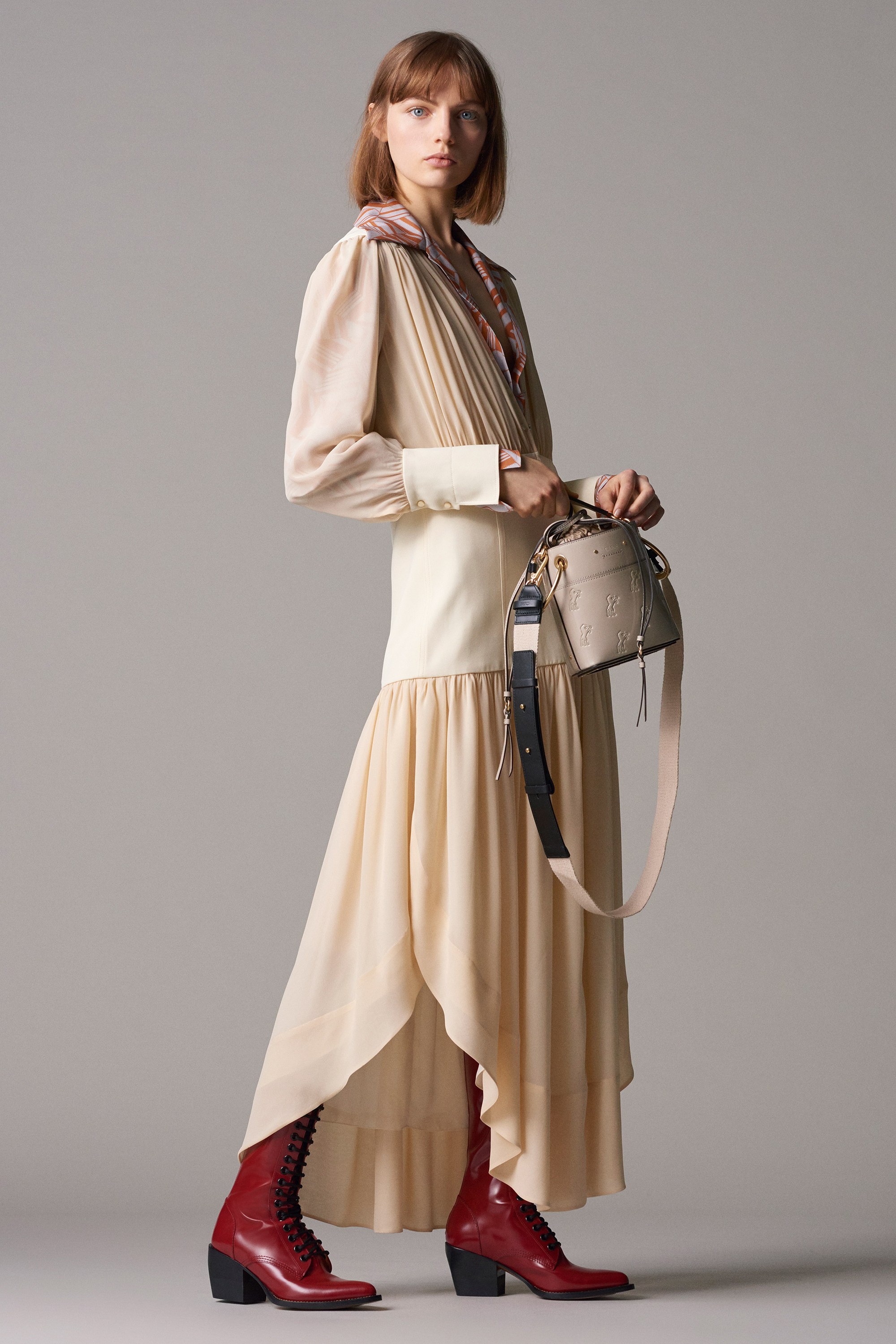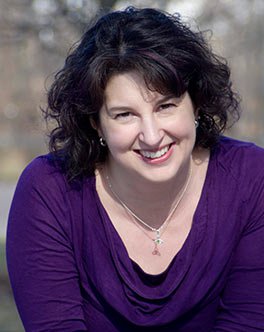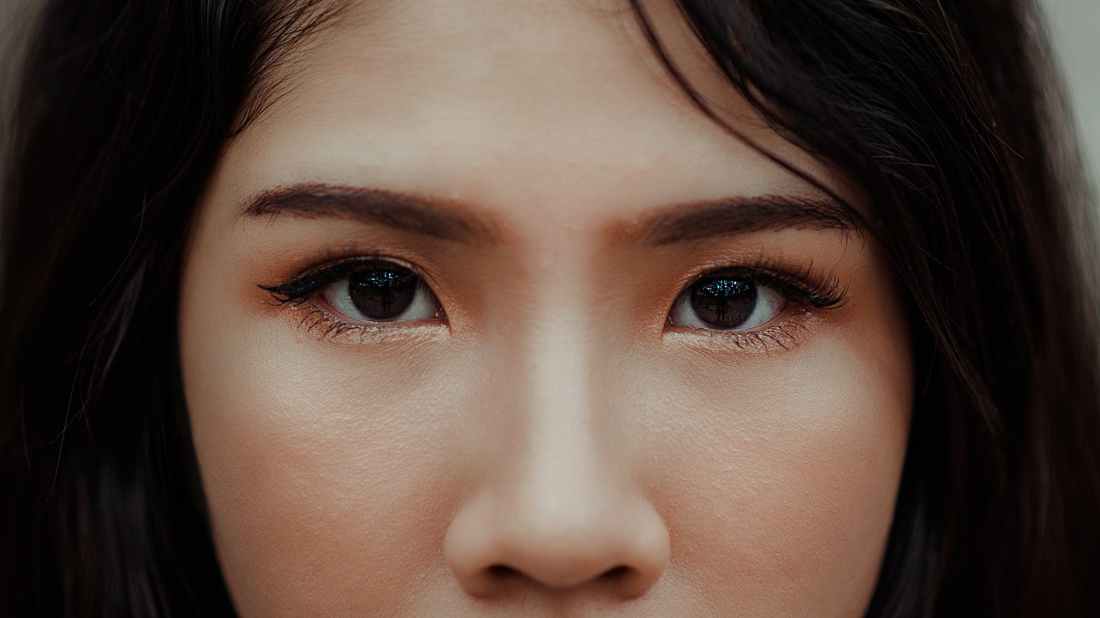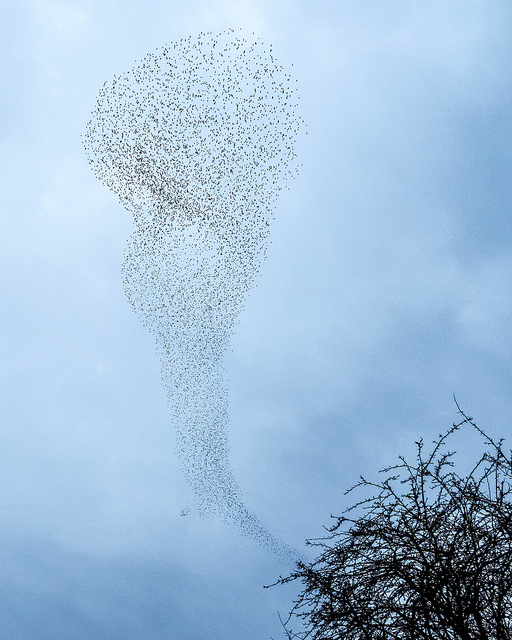My reading habits must be deteriorating, since it took me almost two months to finish reading the book by Sylvia A. Earle, the octagenarian oceanographer and modern super heroine. I can’t understand why it took me so long, considering that despite being full of numbers and percentages and names of institutions and organisations, The World is Blue: how our fate and the ocean’s are one (National Geographic, 2010) is a really interesting compilation of historical facts, projections and anecdotes that would keep anyone curious.
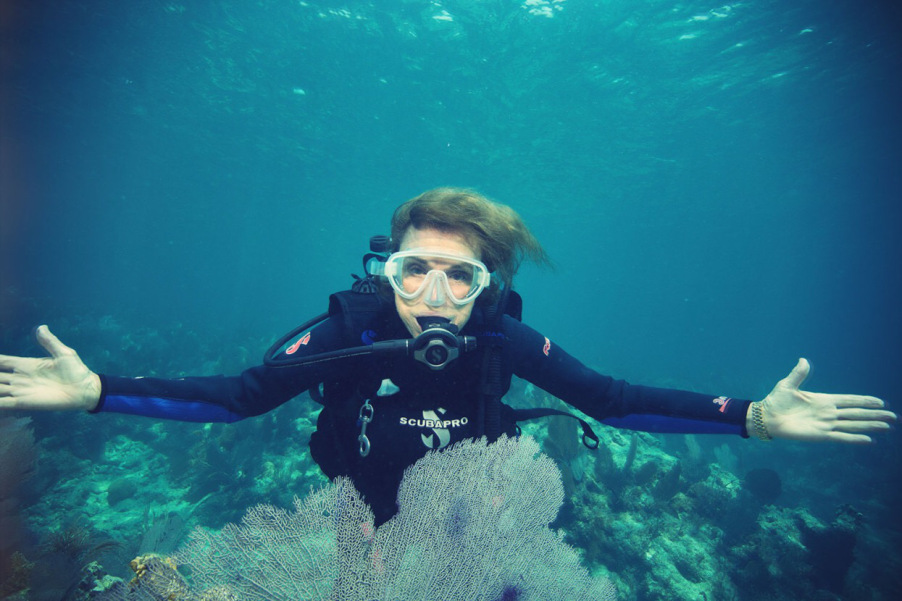 Sylvia A. Earle, born to live underwater. (Photo from porelplanetaphoto.com)
Sylvia A. Earle, born to live underwater. (Photo from porelplanetaphoto.com)
In each chapter, Earle explains the different aspects that have placed the ocean in imminent danger, and incessantly highlights that the ocean is essentially our survival system. From climate control, to main oxygen generator on Earth, to home of almost innumerable living creatures, the ocean has the most important role in the lives of everyone and everything on the planet. “No blue, no green. No ocean, no life”. But this is a concept that most people don’t seem to understand, and now more than ever it is important that we internalise that we are intrinsically connected, that we are the ones who have done all the damage, and it is our responsibility to fix it.
A few years ago, in my attempt to change habits that are harmful to the planet, I became a vegetarian. Amongst the many reasons that pushed me to make that change is animal ethics and my disgust for the food industry (which is worse every day, despite everything we know and all the tools we have within our reach, but that’s a topic for another day). But about a year ago I incorporated fish and seafood back into my diet (which makes me a pescatarian, which is a real word). It was simply easier to eat them again because a) I have more options when I go to restaurants, and b) they are delicious (fish especially, I’m a lot pickier about shellfish and seafood). Whenever people ask me why I don’t eat meat (because people are nosy and love to criticise) now I have to explain that I am a vegetarian but I sometimes eat fish. To cut the interrogation short, because there’s always someone who asks sarcastically “but fish are animals too, why do you eat them?”, I like to say, with the same level of sarcasm “well, fish are ugly and I couldn’t care less”. People laugh and leave me alone most of the time. But that answer is not true. Fish are beautiful. The ones that have been caught and pulled from their habitat and placed in lines on ice in a fridge at the supermarket, however, those are horrible. And don’t even get me started on shellfish, or “sea roaches” as I sometimes call them. But in their habitat, any animal, even the ugliest sea bug, look splendorous.
But since we do not care for what we do not see… That is the terrible principle to which the food industry clings on. What the consumer doesn’t know won’t hurt them. But it hurst our planet, and in turn hurts us. However we prefer to stay ignorant, because it makes it easier to enjoy the sushi and the paella. I am like that too; my humanitarian instinct is sometimes placated by my desire to eat a delicious salmon, and I shield myself behind the fact that it’s healthy, that it has omega 3, that there are loads of fish in the sea… Thanks to Earle and her book, I have disabused myself, and I plan to rehabilitate myself. “Fish are friends, not food”, as the sharks say in Finding Nemo.
 “The World is Blue: How our fate and the ocean’s are one” by Sylvia A. Earle.
“The World is Blue: How our fate and the ocean’s are one” by Sylvia A. Earle.
The ocean is huge, but not infinite. For decades we have thought that nothing we do can have a fatal or irreversible effect, and for some reason this belief that the ocean is an inexhaustible source and an ecosystem with the ability to self-repair, has been perpetuated. Climate change, the constant deluge of garbage, the incessant perforation of the ocean floor to extract gas and oil, and the unrestrained fishing, are four of the main abuses committed by human beings. If we do not recognise soon the negative effect of our actions, it will be too late to do anything positive. As Earle says in her book, quoting the poet W.H. Auden: “Thousands have lived without love, no one has lived without water”.
If the prospect of reading this book is too much, perhaps a good alternative would be to watch Earle’s presentation in the 2009 TED Talks. In it, the oceanographer presents a good overview of her book. And just like in her book, Earle demonstrates that, even if the outlook is unclear, there is still hope; we are still in time to change things. But everybody hast to pitch in. The ocean is no longer a luxury, is everyone’s responsibility.
Link: Sylvia Earle: How to protect the oceans
Read in spanish/Lea en español
Advertisements Share this: